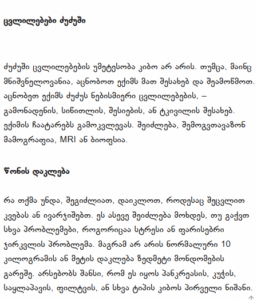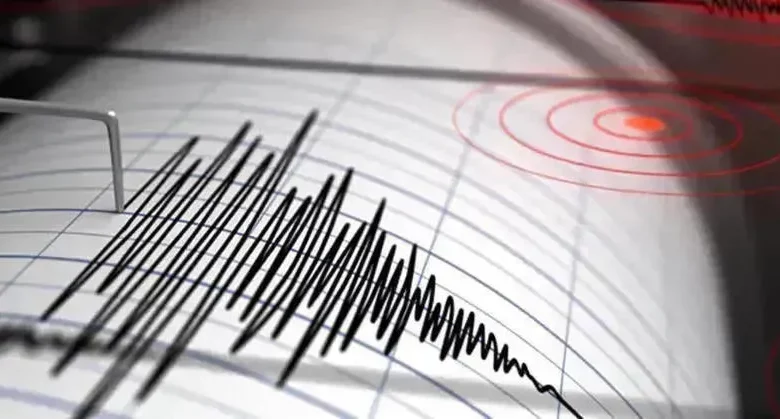






Malignant cancer is one of the most dangerous diseases. There are more than 100 types of it, some of which are more dangerous and deadly than others, while others are relatively mild. In any case, it is important to identify such a serious health problem in time and start fighting it. Foreign media reports. In the article, we will introduce you to the symptoms that may indicate cancer. Changes on the skin Try to examine your skin often and pay attention to new or old moles that have appeared on it. For example, formations that have changed in color, size or shape, do not look like others and look suspicious due to some characteristic. Annoying cough If you do not smoke, there is a very small chance that an annoying cough is a sign of cancer. Usually, it is caused by asthma, an infection, or another disease. But if your cough doesn’t go away, or you’re coughing up blood—especially if you’re a smoker—see your doctor.
Bloating A feeling of bloating can be caused by diet or even stress. But if it doesn’t go away for a long time and you’re also feeling tired, losing weight, or having back pain, get checked out. Persistent bloating in women can be a sign of ovarian cancer. Trouble swallowing A cold or some medications can make it difficult to swallow. If your condition doesn’t improve over time, see your doctor. Trouble swallowing can also be a sign of cancer. So, see your doctor. Breast changes Most breast changes are not cancer. However, it’s still important to let your doctor know and get them checked out. Tell your doctor about any changes in your breasts, such as discharge, redness, swelling, or pain. Your doctor will do an exam. They may recommend a mammogram, MRI, or biopsy. Weight loss Of course, you can lose weight when you change your diet or exercise. It can also happen if you have other problems, such as stress or a thyroid problem. But it’s not normal to lose 10 pounds or more without trying hard. There’s a chance that this could be the first sign of pancreatic, stomach, esophageal, lung, or other types of cancer. Swollen lymph nodes You have small, bean-shaped glands in your neck, armpits, and other parts of your body. When they’re swollen, it often means you’re fighting an infection, such as a cold or strep throat. Some cancers, such as lymphoma and leukemia, can also cause this type of swelling. Talk to your doctor to determine the cause. Blood in your stool/urine If you see blood in your stool, it’s a good idea to see your doctor. Bloody stools are most likely caused by varicose veins, called hemorrhoids, but there is a chance that it could be colon cancer. Blood in the urine could be a problem like a urinary tract infection, but it could also be kidney or bladder cancer. So see your doctor. Testicular changes If you notice a lump or swelling in your testicles, you should see your doctor right away. A painless lump is the most common sign of testicular cancer. It may not be cancer and you may have another problem, but you should see your doctor. Nonmenstrual vaginal bleeding Bleeding can be caused by many things, such as fibroids or even some types of birth control. Be sure to see your doctor if you have bleeding, bloody discharge after sex, or periodically. Cancer of the uterus, cervix, or uterus should be ruled out. Fever A fever is usually not a bad thing. Sometimes it’s just a sign that your body is fighting an infection. It can also be a side effect of some medications. But if it doesn’t go away and there’s no obvious cause, it could be a sign of blood cancer, such as leukemia or lymphoma. Problems in the mouth Most changes in the mouth aren’t serious. But if you have white or red spots or sores in your mouth that don’t go away after a few weeks, especially if you smoke, see your doctor. This could be a sign of oral cancer.








































